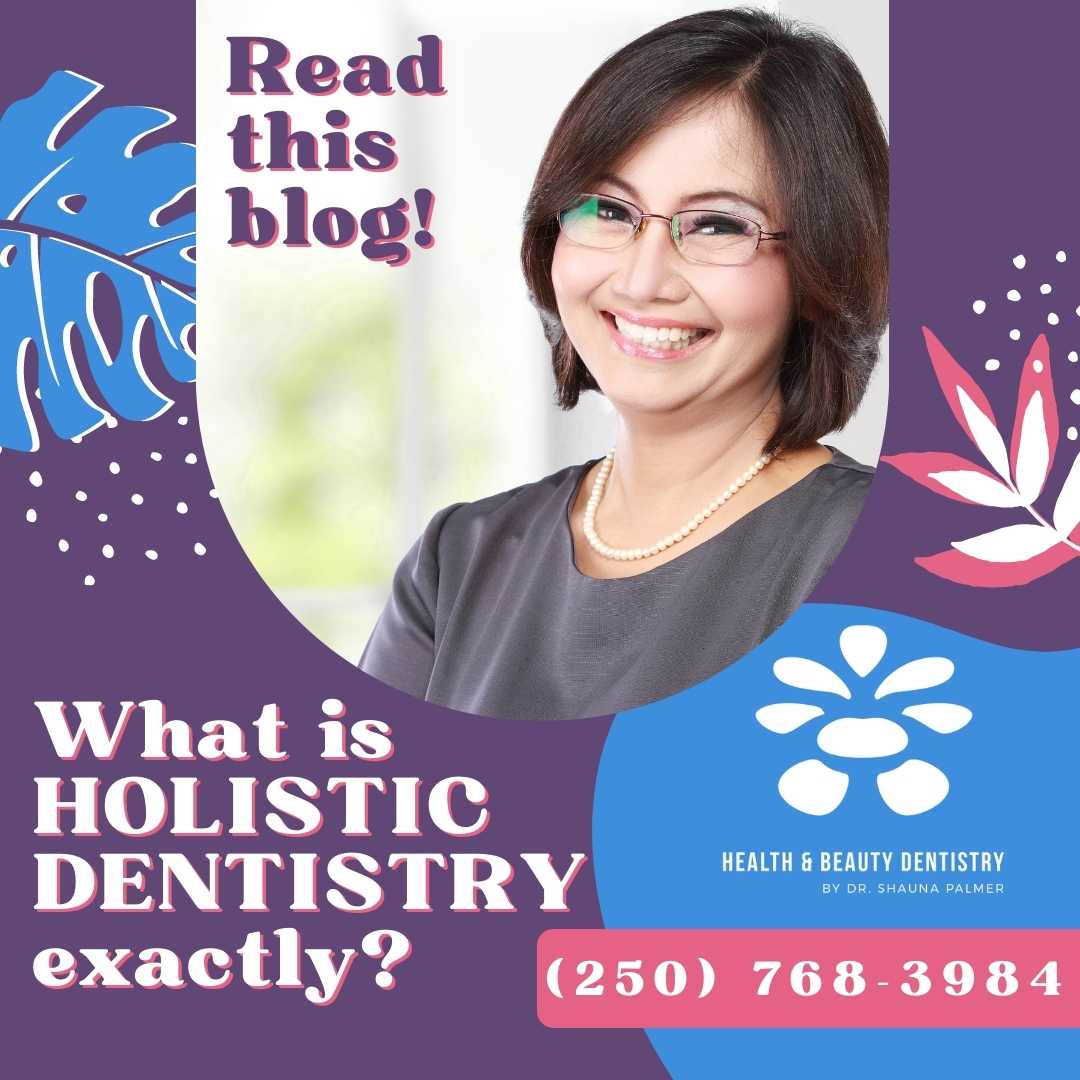
Wondering what the difference is between a holistic dentist and a regular dentist? It can be hard to make sense of all the jargon thrown around, but please don’t fret! Here are some of the basic differences between the two, and how they can affect your dental visits.
When you visit the dentist, what type of dental care do you expect to receive? Most people are familiar with standard dentistry, which is the type of care that focuses on the health of your teeth and gums. However, there is another type of dental care that is becoming more popular: Holistic Dentistry.
Holistic dentists like Dr. Shauna Palmer in West Kelowna use regular dentistry as part of their treatment but focus on the patient’s overall wellness. Since your oral health is directly connected to your overall health, it only makes sense.
There are many reasons why you should choose holistic dentistry over general dentistry. Holistic dentists take a more natural approach to dental care, using biocompatible materials and minimally invasive procedures whenever possible. They also focus on treating the whole person, not just their teeth, and consider how your oral health affects your overall health.
Holistic dentists believe in looking at how all aspects of one’s life can affect oral health and may provide treatments for mental illnesses, allergies, jaw alignment issues, or gum disease as well as other problems affecting oral health. A holistically-minded dentist might take into account a person’s diet or lifestyle when developing treatment plans for their patients.
When you have allergies or sensitivities, your body reacts to things that are normally harmless. This can happen when you eat certain foods, come in contact with certain substances, or even when you're around certain animals.
A holistic dentist will take these into account when treating you for dental issues so they can create a customized treatment plan just for you. With this type of treatment, it is possible to find relief from pain and maintain a high quality of life.
Dental amalgam is a silver-colored alloy used to fill cavities caused by tooth decay. Amalgam is made of mercury, silver, tin, and other metals. Holistic dentists avoid using amalgam because it contains mercury, which can be toxic.
Instead, they use tooth-colored composite resin or ceramic to fill cavities. Regular dentists may use either type of filling material depending on the patient's preference. Composite resins might be more expensive than amalgam but are generally more durable.
As more and more people become interested in living a healthier lifestyle, the demand for holistic dentistry is on the rise. Holistic dentists take a more natural approach to oral care, with the goal of not only treating dental problems but also promoting overall wellness. Holistic dentists are concerned about the whole person, which means that they address issues such as nutrition, weight management, stress levels and even sleeping habits before addressing tooth decay or gum disease. The focus is on prevention rather than just treating symptoms after they've developed into serious health conditions.
The first question a holistic dentist may ask you is about your sleep patterns because your mouth needs to rest when you do. They may recommend changes in your diet if you are having trouble maintaining good teeth through diet alone.
When having dental issues, a holistic dentist should be able to give you tips on how to reduce stress and live a happier life so that your mouth can heal itself. If you have been living an unhealthy lifestyle, chances are it has impacted your oral health. A holistic dentist can help identify any underlying causes of oral issues that might be affecting your overall well-being.
If you're interested in holistic dentistry for yourself or your family, or if you have any more questions about how holistic dentistry differs from standard dentistry, then give Dr. Shauna Palmer's office a call. Her knowledgable staff will be more than happy to help.
